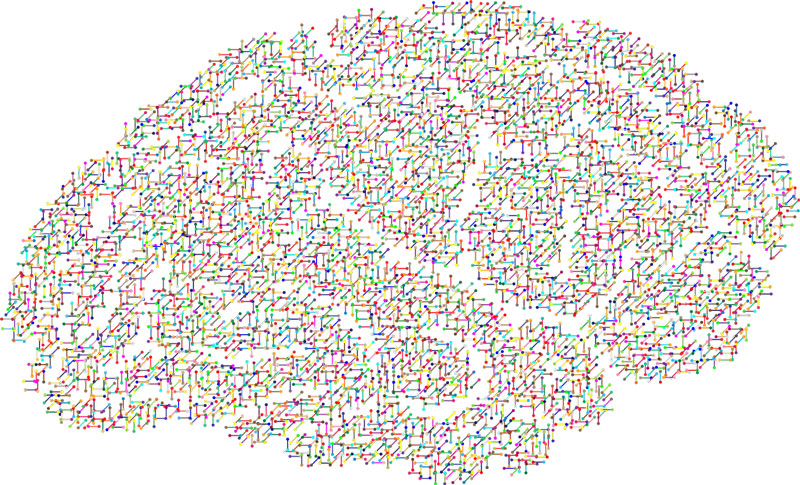Unlocking the Secrets of the Brain Through qEEG Cerebral Mapping in Mental Wellness Assessment
Unlocking the Secrets of the Brain Through qEEG Cerebral Mapping in Mental Wellness Assessment
Blog Article
Understanding the individual brain is a challenging endeavor, especially when it pertains to psychological health. Traditional approaches of evaluation frequently depend on conversations and surveys, which can sometimes overlook important details about how the mind functions. This is where quantitative electroencephalography, or qEEG, comes into the picture. qEEG is a specialized technique that measures neural activity in the brain. By analyzing these brainwaves, mental health experts can obtain important understandings into a individual's psychological condition, helping to enhance diagnosis and intervention.
qEEG works by placing small sensors on the scalp to record neural signals. These electrodes detect electrical signals produced by neurons, the cells in the brain that communicate with one another. The information gathered is then processed and displayed as a set of patterns. Each type of neural wave—such as alpha, beta, δ, and θ—relates to various psychological states and activities. For instance, α oscillations are commonly associated with relaxation, while β waves are associated to engaged thinking and issue resolution. By analyzing these patterns, healthcare providers can identify abnormalities that may indicate psychological health issues.
One of the major advantages of qEEG is its capability to offer unbiased data. Unlike traditional evaluations that depend on personal reports from patients, qEEG offers a clear picture of neural activity. This clarity can assist minimize biases in diagnosis and lead to more precise intervention strategies. For instance, if a client is facing stress, qEEG can reveal specific patterns of brain function that are linked with stress conditions. This data allows psychological health experts to customize interventions more effectively, whether through therapy, medication, or alternative approaches.
Additionally, qEEG can be especially beneficial in tracking intervention progress. By performing qEEG evaluations at various stages during treatment, healthcare providers can track changes in brain activity over period. This continuous assessment helps determine whether a intervention is working or if modifications are required. For instance, if a client is not reacting to a specific medication, qEEG may indicate that their brain activity has not changed in a way that suggests progress. This response cycle can result to more customized and efficient psychological health treatment.
In conclusion, qEEG cerebral mapping is a potent tool in the see this site field of mental health assessment. By providing objective data about brain activity, it enhances the understanding of various psychological health conditions. This technique not only aids in accurate diagnosis but also helps in monitoring treatment effectiveness. As mental health professionals continue to explore the potential of qEEG, it possesses promise for improving the lives of individuals facing mental health challenges. With ongoing research and advancements in techniques, the secrets of the brain may turn more apparent, leading to better results for those in need of support.